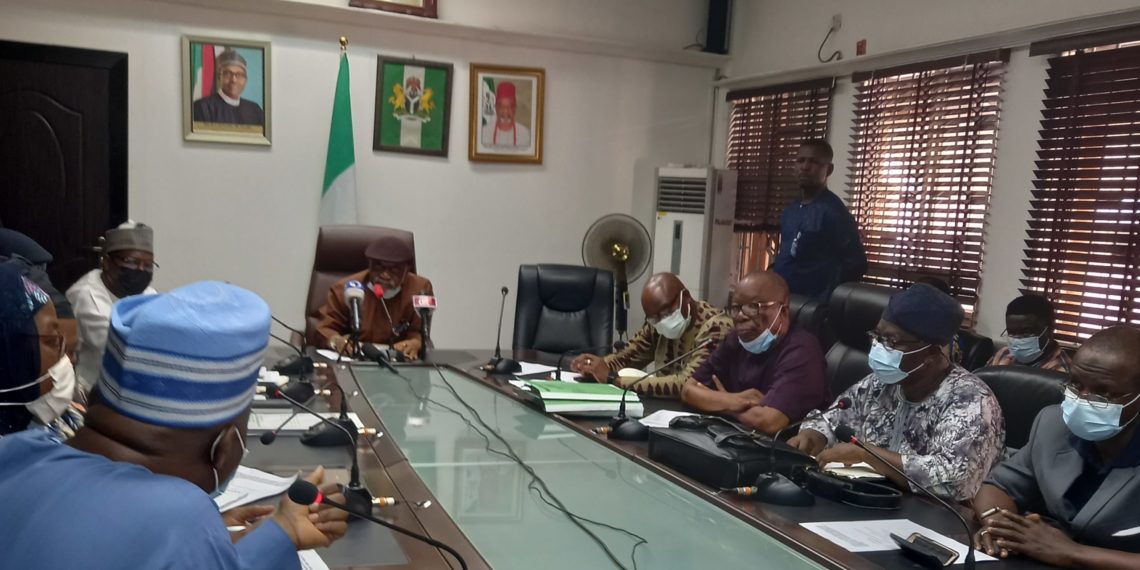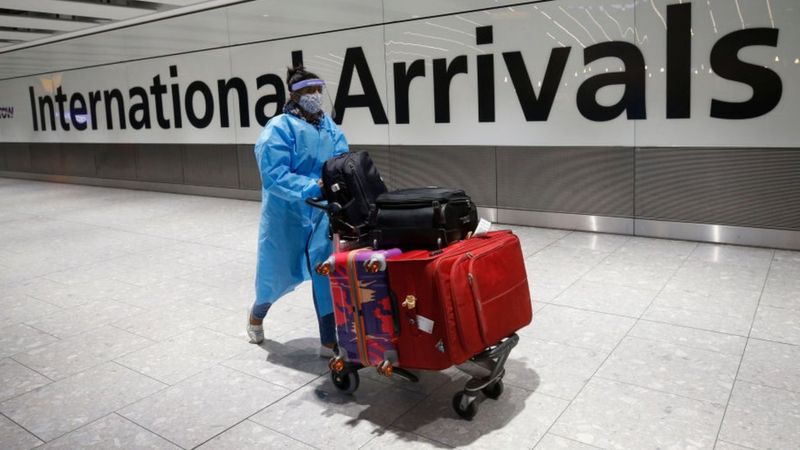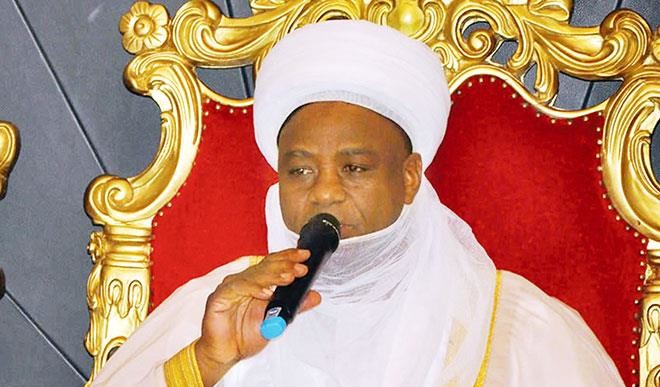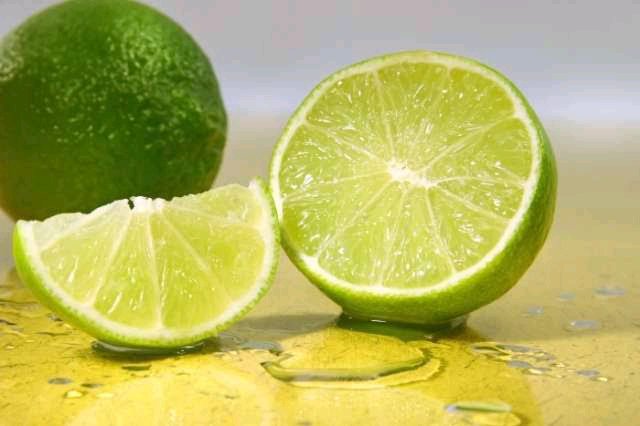Pantami Rejects 5% Tax on Calls, Data, SMS
Nigeria has placed a ban on the importation of Subscribers Identification Module (SIM) cards from overseas as part of efforts to boost indigenous production of the smart cards.
The Minister of Communication and Digital Economy, Mr Isa Pantami, made this disclosure in Lagos, on Monday, August 1 while speaking at the Nigerian Telecommunications Indigenous Content Expo (NTICE) organised by the Nigeria Office for Developing the indigenous Telecom Sector (NODITS), an agency domiciled in the Nigeria Communications Commission (NCC).
Mr Pantani stated that the importation of SIM cards into the country is officially a crime as the country has commenced the production of locally made SIM cards.
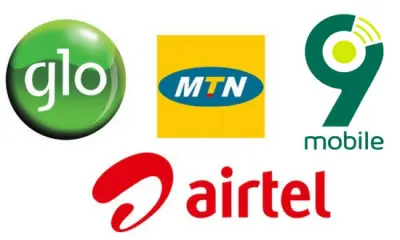
He further stated that the country is targeting a locally dominated market in ICT commodities of at least 80 per cent by 2025 for a self-reliant economy.
This came as he rejected the planned implementation of the 5 per cent excise duty on the telecommunications sector by the federal government.
He argued that part of the responsibility of responsive government is not to increase the problems of the citizens, especially forcing citizens to pay taxes on calls, data and others.
“I have not been contacted officially. If we are, we surely will state our case. The sector that contributes to the economy should be encouraged,” Mr Pantami said.
“If you look at it carefully the sector contributes two per cent excise duty, 7.5 per cent VAT to the economy and you want to add more?” he quipped.
He explained that adding hardship at this time cannot be tolerated and urged the implementers to expand the scope of other sectors that are not contributing to the economy to do so.
“We must come together and salvage the sector. Only the telecom sector contributes 13 per cent and you want to add more?” he said again, reiterating his earlier point.
Mr Pantami faulted the lawmaking process that produced the harsh tax because it didn’t involve the chairman of the House Communications Committee.
“So, we reject it,” he said.
According to him, further tax on the sector will impact its contribution to the country’s Gross Domestic Product (GDP).


